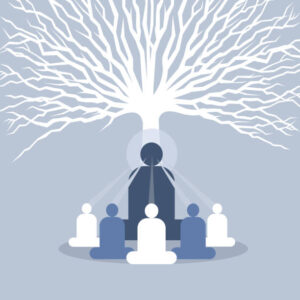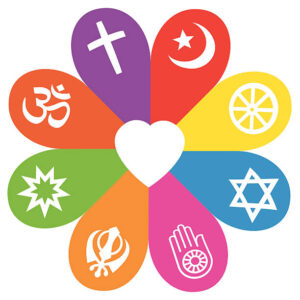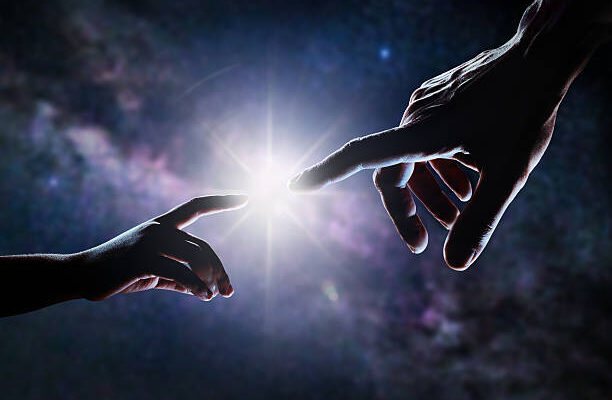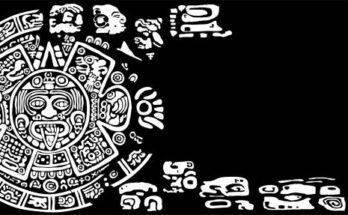Religion has been a fundamental aspect of human society for millennia, serving as a source of comfort, guidance, and a framework for understanding the world. The origins of religious belief have puzzled scholars, theologians, and philosophers for centuries. While many existing religions claim divine revelation and supernatural origins, it is important to explore the question of how religion can be created from a historical, psychological, and sociological perspective. This article aims to delve into the complex process of creating religion, examining the key factors that contribute to the formation and evolution of religious beliefs.
Cognitive Factors in Religious Creation
-
Pattern Recognition
 (Photo from iStock)
(Photo from iStock)
Humans possess a remarkable ability to recognize patterns, even in seemingly random or chaotic phenomena. This cognitive trait has played a significant role in the development of religious beliefs. Early human societies faced many uncertainties, such as natural disasters, illness, and death. To make sense of these phenomena, our ancestors began to discern patterns and connections in the world around them. When repeated occurrences were associated with particular actions, objects, or places, they often developed religious significance.
-
Agency Detection
The human brain has evolved to detect agents, or beings with intention and purpose, in the environment. This inclination to perceive agency is thought to be an adaptive trait that helped our ancestors survive and anticipate threats. When early humans encountered unexplained events or powerful natural forces, they often attributed them to invisible, supernatural agents. These supernatural beings were the precursors to the gods and spirits of later religious systems.
-
Theory of Mind
Humans have a well-developed “theory of mind,” which allows them to attribute mental states, such as beliefs, desires, and intentions, to others. This cognitive ability also extends to attributing mental states to non-human entities. In the development of religion, this often involves attributing thoughts, emotions, and intentions to deities, spirits, or other supernatural entities. The concept of gods who are pleased or angered by human actions is a common theme in many religions, arising from our innate capacity to understand the intentions of others.
Sociocultural Factors in Religious Creation
-
Collective Belief Systems
 (Photo from iStock)
(Photo from iStock)
Religion is inherently a collective phenomenon. It is not just an individual pursuit but a communal endeavour, as it involves shared beliefs, rituals, and practices. The creation of religion often arises from the collective experiences and beliefs of a community or society. Shared myths, stories, and rituals help bind individuals together and create a sense of belonging.
-
Cultural Evolution
Cultural evolution plays a significant role in shaping religious beliefs and practices. Over generations, cultural traits, including religious traditions, are transmitted and modified. When these religious traditions provide a sense of identity, meaning, and social cohesion, they are more likely to persist and evolve. Cultural factors such as trade, conquest, and migration have also contributed to the spread and transformation of religious beliefs.
-
Authority Figures
Religious leaders and figures often play a pivotal role in the creation and propagation of religious beliefs. These figures provide guidance, interpretation, and legitimacy to the religious tradition. In many cases, charismatic leaders or prophets have emerged, claiming special insights or connections with the divine. The influence of such figures can be instrumental in the formation of new religious movements.
Psychological Factors in Religious Creation
-
The Need for Meaning and Purpose
 (Photo from iStock)
(Photo from iStock)
Humans have an inherent need for meaning and purpose in their lives. Religion provides a framework for understanding the world, the self, and one’s place in the universe. It offers answers to profound questions about the nature of existence, the afterlife, and the meaning of suffering. As individuals seek to make sense of their lives, they may turn to religion as a source of ultimate meaning and purpose.
-
Coping with Uncertainty and Fear
Religion often serves as a coping mechanism for dealing with uncertainty and fear. It offers solace and a sense of control in the face of life’s unpredictability and the inevitability of death. The belief in an afterlife, the idea of divine protection, and the promise of rewards for moral behaviour all contribute to the psychological comfort that religion can provide.
-
Moral and Ethical Frameworks
Religion often provides a moral and ethical framework for individuals and communities. It offers guidelines for behaviour, establishes a moral code, and reinforces a sense of right and wrong. Furthermore, these ethical principles, often attributed to divine authority, play a crucial role in shaping the values and norms of a society.
The Evolution of Religious Belief
-
From Animism to Polytheism
 (Photo from iStock)
(Photo from iStock)
Animism is the belief that natural objects, such as trees, rocks, and animals, possess spirits or supernatural qualities. This animistic worldview likely emerged from the human tendency to perceive agency in the environment. The Transition to Monotheism
The transition from polytheism to monotheism, the belief in a single, all-powerful deity, marked a significant shift in religious evolution. This transition is evident in the development of religions such as Judaism, Christianity, and Islam. Monotheism often involves the assertion of one supreme God who reigns over all other deities, spirits, or forces. This transition can be attributed to a variety of sociocultural and psychological factors, including the desire for a singular, all-encompassing explanation of the universe.
The Role of Revelation and Sacred Texts
Many religions claim to have received divine revelations or sacred texts that serve as the foundation of their beliefs. These revelations often come in the form of visions, dreams, or direct communication with deities. The development of sacred texts, such as the Bible, the Quran, or the Vedas, has been instrumental in the codification and preservation of religious traditions. Evidently, the influence of these texts on the beliefs and practices of religious communities cannot be understated.
Conclusion
The human capacity for pattern recognition, agency detection, and theory of mind provides the cognitive foundation for religious belief. Sociocultural elements, including collective belief systems, cultural evolution, and authority figures, play a significant role in shaping religious traditions. On a psychological level, the need for meaning and purpose, coping with uncertainty. Eventually, the establishment of moral and ethical frameworks all contribute to the creation and evolution of religious beliefs.





6 Comments on “How Can Religion Be Created? Exploring the Origins and Evolution”